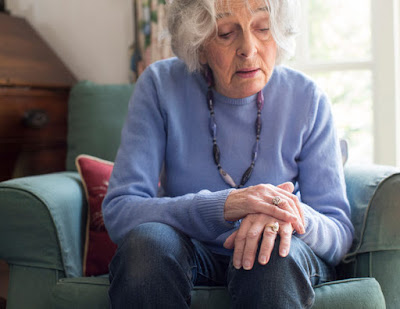Modern medicine is an invaluable source of treatment for a wide range of health conditions, but there are ways to supplement this resource with non-medical therapies that can help improve memory or even help prevent memory loss in older adults. Here are some effective therapies from the team at our assisted living community in Gloucester County, NJ:
- Get creative. Participating in creative arts is a great way to exercise the mind and fight memory loss, as they boost engagement and alertness. For adults wanting to fend off memory loss, dance classes, music classes and taking to the stage, assist with mental fitness. For adults with memory loss, painting, drawing and imaginative projects like scrapbooking are suggested.
- Music therapy. Recommended by the Alzheimer’s Association to assist with cognitive and emotional struggles, many patients with fairly advanced memory loss can still sing and remember songs. This relaxing and energizing experience often triggers past memories.
- Physical exercise. Studies increasingly confirm that physical fitness is an important contributor to mental fitness, and memory is no exception. While this exercise can take any form, it should be tailored to each person’s level of physical fitness and interests. In addition to fighting memory loss, physical exercise brings countless other health benefits, as well as boosting self-esteem.
- Pet therapy. Many assisted living communities have resident pets or access to pet therapy. Interaction with animals is increasingly being recognized for its mental and emotional health benefits, which include helping residents feel calm, engaged in their surroundings and happy.
It also helps residents connect with memories of their own beloved pets. In fact, some research has shown that therapy animals help improve the nutrition of residents while decreasing behavioral concerns, improving the overall quality of life.
Memory Care Services from Our Assisted Living Community in Gloucester County, NJ
Pitman is an assisted living community in Gloucester County, NJ, offering high quality assisted living services in a comfortable, well-supported and beautiful environment. As part of the United Methodist Communities network, we also offer rehabilitation, access to therapists, hospice care, respite care and memory care and support services. We welcome seniors from all faith backgrounds.
To find out more about our assisted living community, please visit our website at https://pitman.umcommunities.org/ contact us today or book a personal tour.
Original content posted on https://umcommunities.org/blog/4-non-medical-therapies-to-help-with-memory-loss/





